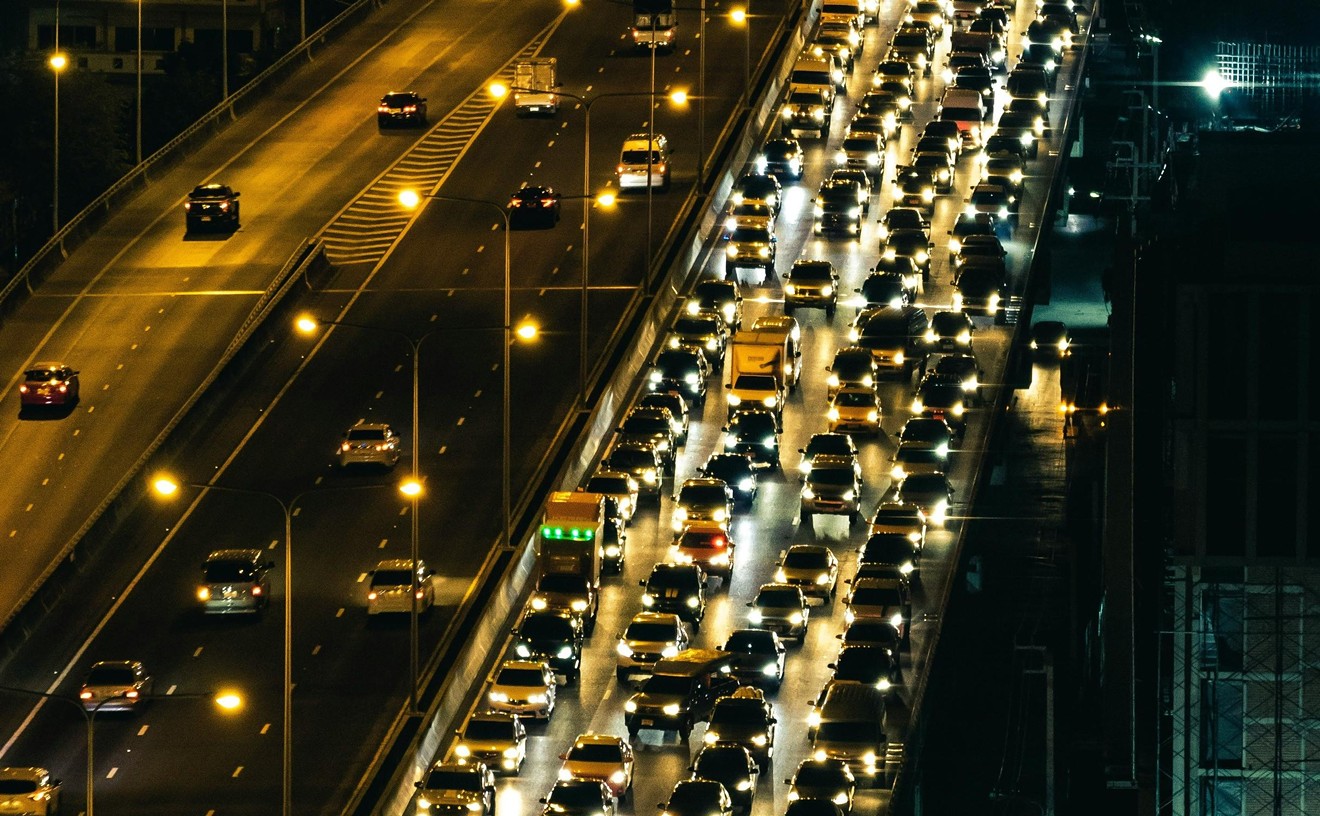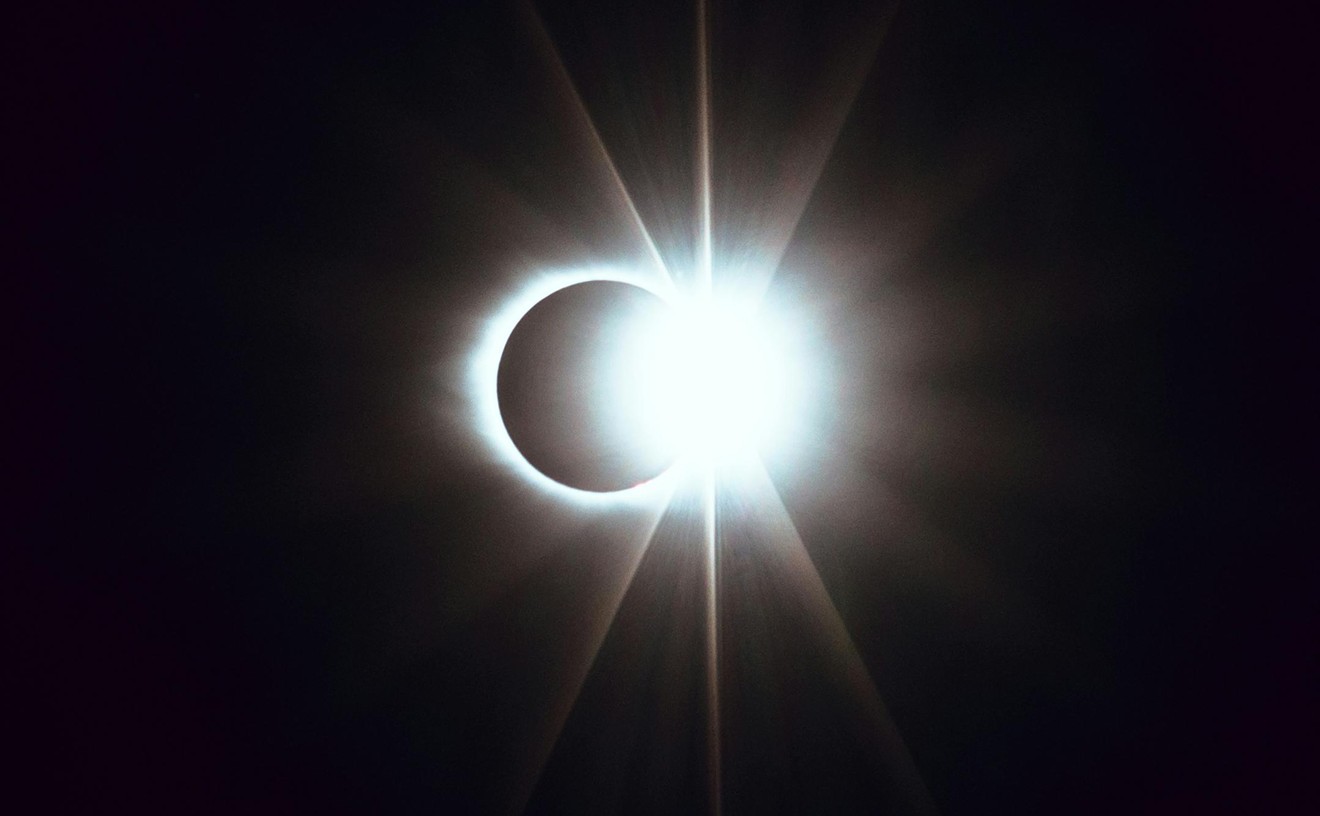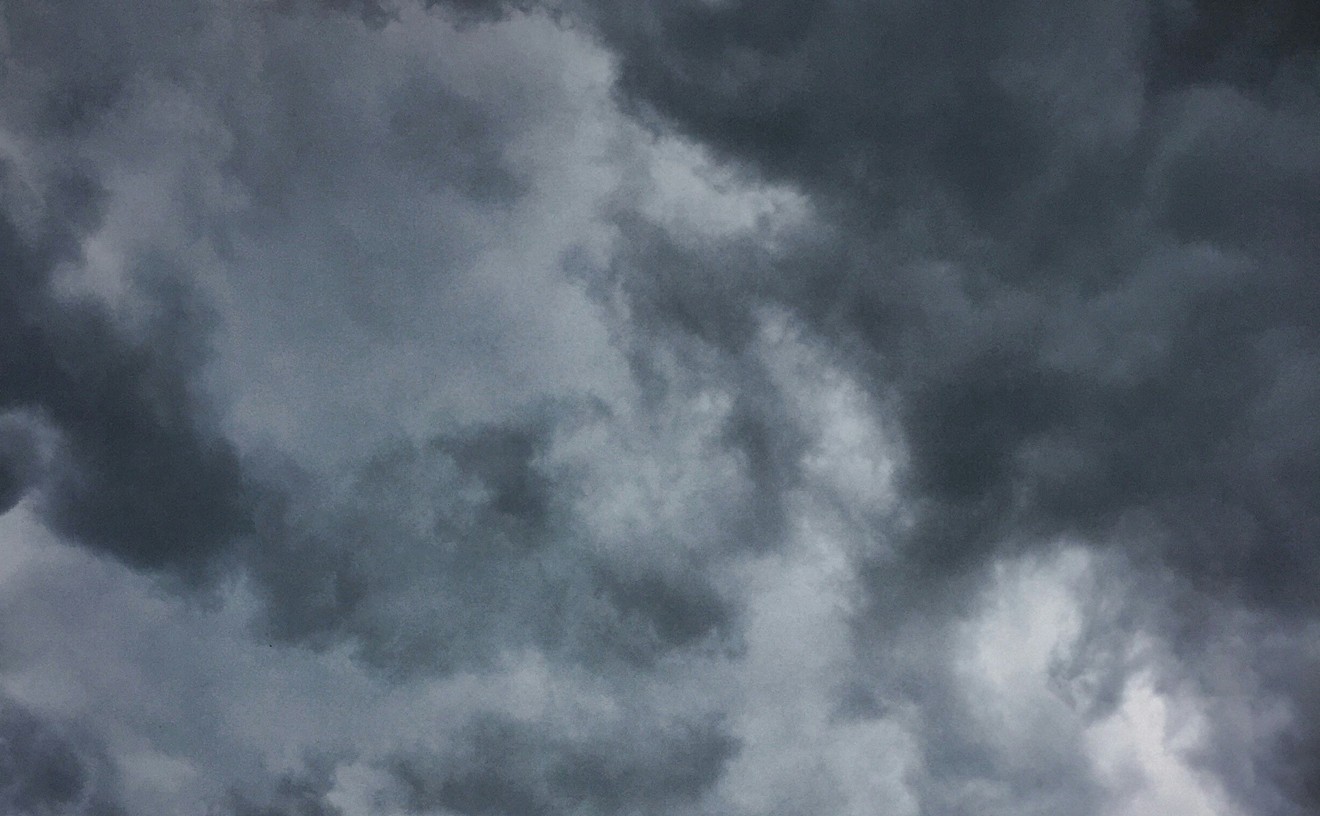From his home in northwest Houston, he mails out his eight-page newsletter titled "The War Is Now!" He has 600 subscribers worldwide. He's also written the self-published books Is the Pope Catholic? and The Enemy Is Here, which features a cover with a map of Italy and an arrow pointing to Rome.
He's gained international notice in some segments of the theological community from his years spent denouncing the pope as an impostor.
"Whenever you say 'plot,' people automatically think 'nutcase,'" Gibson explains. "But there's no way this could happen by accident. There's no way this was not rigged."
But Gibson gets recognition far beyond his scholarly arguments about Catholic conspiracy theories. He also happens to be Mel's old man--he's the father of one of the most established superstars in Hollywood, and he lives in the Houston area.
The elder Gibson doesn't believe the Holocaust happened and thinks the idea of evolution is ridiculous. He likes detective novels. The 84-year-old closes his blue eyes when he talks, often slipping into Latin. Instead of saying hello or using any other greeting when he answers the phone, he just says the last four digits of the number in a brisk military tone.
The missal Gibson uses is in Latin. The prayer book's battered spine is covered in masking tape; his 11 children have torn out hunks of its pages.
While he avidly tells of his crusade against the Catholic leadership, Gibson refuses to talk about his family or his famous son. Mel reportedly was outraged when The New York Times Magazine recently interviewed his father; the New York Post reported that Mel Gibson declared the Times story a "hit piece" on him and that the newspaper had harassed his father. The Times story quoted the elder Gibson calling the pope a "Koran kisser" and implied that he sounds a bit like the obsessive-compulsive, newsletter-writing, Catcher in the Rye-collecting character Mel played in Conspiracy Theory.
The elder Gibson's unique life would seem suited for big-screen treatment itself.
His mother, an opera singer, died in New York City before he was 2. She had slipped in the shower and injured her neck. "It was a rather large neck," Gibson says. Gibson's father manufactured brass plumbing supplies until he went out of business in 1928. He died almost 10 years later.
Gibson was third-best academically in his high school class, graduating when he was only 15. "Nobody's ever going to get me into a classroom again," he says.
Gibson studied for the priesthood at a mission 20 minutes outside Chicago. He intended to become a missionary, but he balked at the idea of being sent to New Guinea or the Philippines. "I just lost it," he says. "I did not want to go."
He went after lots of other work. Gibson delivered telegrams for Western Union, planted trees for the Civilian Conservation Corps and built houses for the forestry department. During World War II, he was a first lieutenant in the Army Infantry and Signal Corps based in New Caledonia and Guadalcanal.
Gibson married after his military discharge. The couple planned to have 12 kids and a Saint Bernard. "We never made it," he says. They had only 11 kids. "We did get the dog." But the dog was run over two weeks later. He told his kids that he wanted 100 grandchildren. Thus far, he's the grandfather of 48 and has 15 great-grandchildren. He doesn't buy any of them Christmas presents.
He worked on the railroad as a brakeman for 24 years, until he slipped off a steel platform covered in oil and snow. He was forced to retire because of the injuries.
The sixth of the Gibson children, Mel, described his dad in a Playboy interview as "just a regular guy who worked long hours, supported a big family and kept us all in shoes and food...He's a bookish guy. Uses words I've never heard of."
In 1968, Hutton Gibson took his disability money and cash he had won on Jeopardy! and moved to his mother's native Australia. He didn't want his eldest son drafted in the United States.
"They had a draft in Australia, too, but they were a little more humane," Gibson says. "He couldn't see from here to the wall, but they would have taken him anyway. So I figured, why should he go? I saw what happened to my war--they just gave it away."
But Gibson's new war--a religious one--began in Australia.
Gibson's kids came home from Catholic school with a catechism titled "Shalom." "Shalom," Gibson says, clearly horrified.
Shalom is the Hebrew form of aloha, meaning hello, good-bye and peace.
"Shalom," Gibson repeats again, as if it were a four-letter word. He declared the catechism heresy. It's what spurred him to look at the documents from the Vatican II Council and examine the changes in the church.
Vatican II was a series of meetings between 1962 and 1965 to update the church, although Gibson said it went against God's will. "Nowhere did he say we would accommodate to the times."
One of the main changes was that Mass would be said in the language of the congregants, rather than in Latin.
"The Vatican Council called for a full, active and conscious participation in the liturgy," says Monsignor Frank Rossi, chancellor of the Diocese of Galveston-Houston. Priests no longer turned their backs on the congregation for Mass, but instead faced them. Parishioners got a more active role in the church.
"The first changes that came in were very subtle," says Jack Davignon, a traditionalist Catholic and coordinator for Saint Michael the Archangel Chapel in Spring. "It was like putting a lobster in water, then bringing the temperature up slowly. At first, you didn't notice the water was getting hotter."
Gibson believes the church has changed so much that the Holy Ghost doesn't recognize it. He argues that the church had been fine for thousands of years and it didn't need to change to pander to a few people who didn't want to learn Latin.
He joined the Latin Mass Society, a small group of older people who supported the Latin Mass. He was appointed secretary and wrote the newsletter. The group kicked him out because he was too outspoken, particularly against the pope. "It's not just my salvation--but a lot of other people's [salvation] depends on it," he says. "It does me no great deal if everyone else goes to hell. I'm not just out for myself."
While his religious campaign was escalating, his life in Australia was becoming more difficult. Gibson says the country was beautiful, but jobs were becoming harder to find.
His son-in-law found work outside Houston, and a few years ago, Gibson decided to move to Texas with his daughter's family. What sealed the decision was his discovery of a church in the southwest part of Houston that offered a traditional Mass that Gibson recognizes. Those churches, he says, are impossible to find in Australia.
After the death of his first wife about 10 years ago, Gibson fell in love with a woman at the church, and they were married in 2001. He says he should have done it sooner. They live in a new home with lead-crystal candlesticks and fake grapes on the dining room table.
Sitting in the dining room with his eyes closed, Gibson says the Vatican's new dogma is as "self-contradictory as a square circle." He says the Vatican II Council was "an act of foolishness, stupidity, defiance and deliberate rejection of Christ."
Mel Gibson, in his Playboy interview, defended his father's books as canonically and theologically sound. "Everything he was taught to believe was taken from him in the '60s with this renewal Vatican Council," the son said. "The whole institution became unrecognizable to him, so he writes about it." (Like his father, Mel is a traditionalist Catholic, and he's putting his star-power--and a substantial amount of money--behind the cause. Mel is financing and directing The Passion, a film depicting the final 12 hours of Christ's life. The movie reportedly will cost $25 million to produce, and its dialogue is in Aramaic and Latin, according to The New York Times.)
While Hutton Gibson has supporters who say his arguments are based on fact, some of them have trouble with his notion that the pope isn't really Catholic. The more recent popes may not have acted like Catholics, Davignon says, "but we can't say that there is no pope."
Father James Gordon, a traditionalist priest who runs Mater Dei Chapel out of his house near Gulfgate Mall, says of John Paul II, "Good, bad or otherwise, his tushie warms the chair of Saint Peter."
Rossi argues that the new Mass is actually more traditional than the traditional Mass. The old Mass has more scripture readings, longer prayers, more incense and more bells. He laughs at the idea that the Holy Spirit has left the church. "Jesus promised the Holy Spirit to the church," he says. "So the Spirit will not leave the church."
He trusts Jesus to keep his word.
Inside the Vatican recently reported that Nigerian Cardinal Francis Arinze has drafted a major disciplinary document that will end "do it yourself" Masses and will encourage wider use of the traditional Mass.
Some traditionalist priests in the Houston area think that's a step in the right direction, although the monsignor at the Houston diocese says he doubts it will lead to a resurgence of old Latin Masses. And so does Gibson. But Gibson doesn't trust anything that comes out of the Vatican.
Gibson says that the destruction of the church is a sign of the Apocalypse. And as soon as the church is destroyed, the world will end.
"I figure that as long as there's one [true] Catholic in the world, it hasn't finished," he says. "So I'm trying to keep it going."










